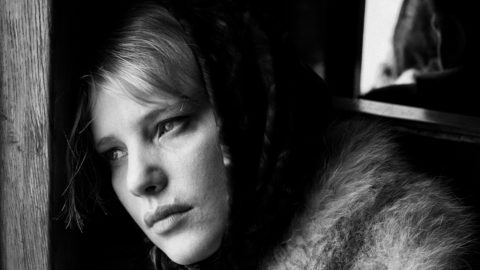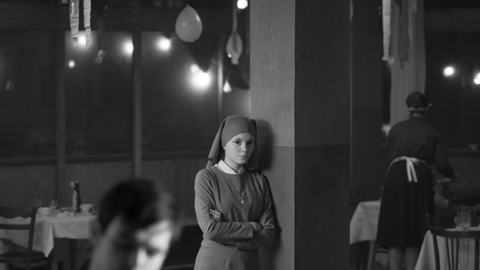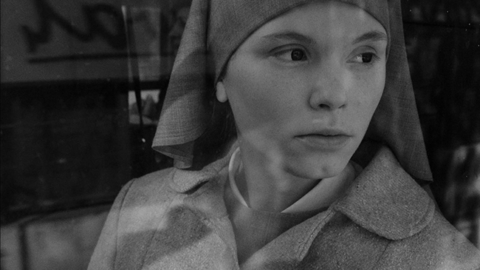By Ela Bittencourt in the November-December 2018 Issue
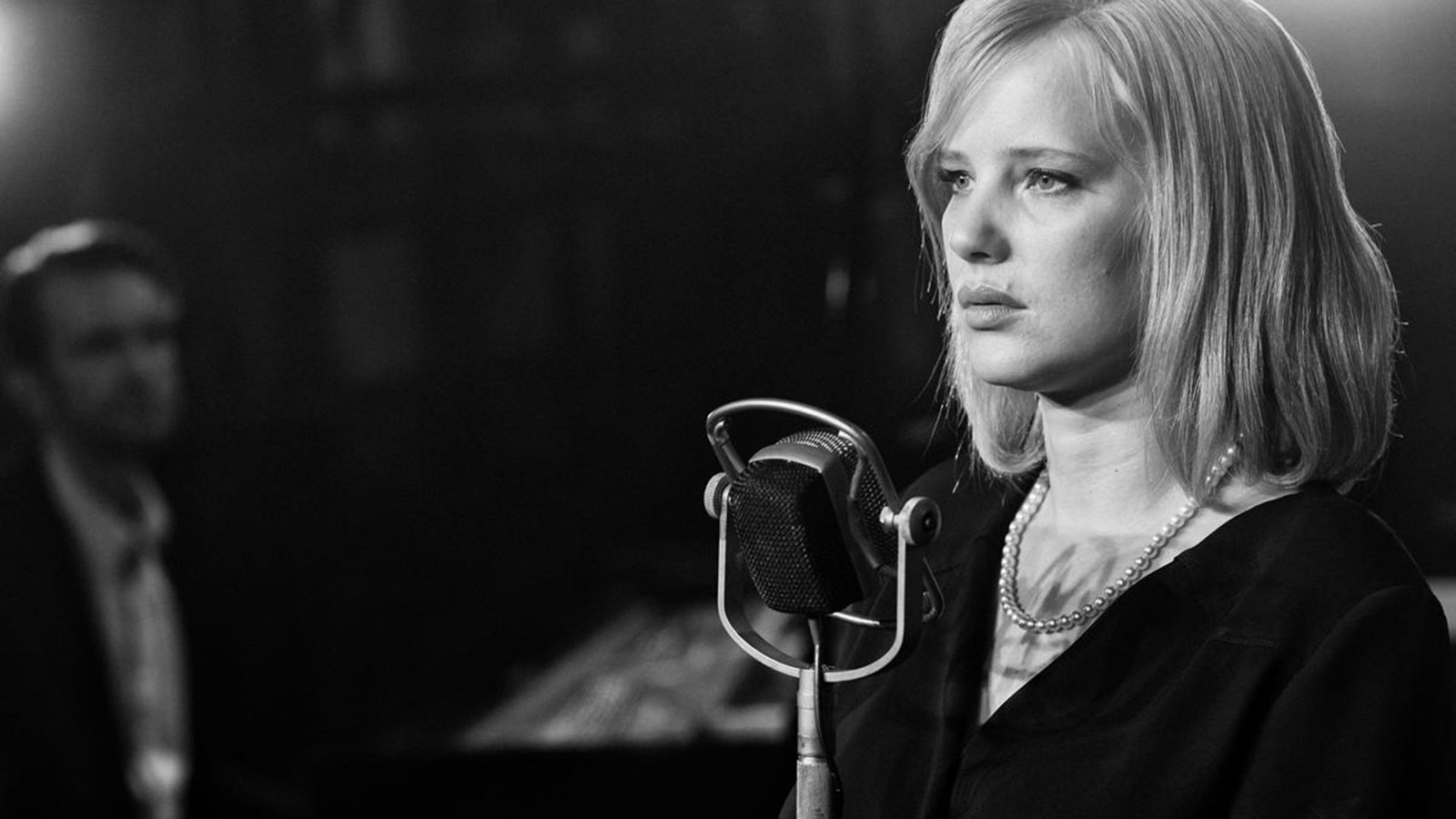
Review: Cold War
(Pawel Pawlikowski, Poland, Amazon Studios, Opening December 21)
Poland has seen more than its share of war, and of the art and cinema of exile. Pawel Pawlikowski’s latest feature, Cold War, is a spirited albeit flawed entry in this category, which encompasses Jerzy Skolimowski’s Success Is the Best Revenge (1984), Andrzej Wajda’s The Conductor (1980), and Krzysztof Kieslowski’s White (1994). Cold War shares with these the bitter longing and the loneliness of those far from home, the sense that one sheds one’s true identity and becomes a self-hating other. The latter feeling is particularly acute in films that capture a fraught political moment, when for an expat to represent one’s country is often to play a martyr, bearing suffering for all the world to pity.
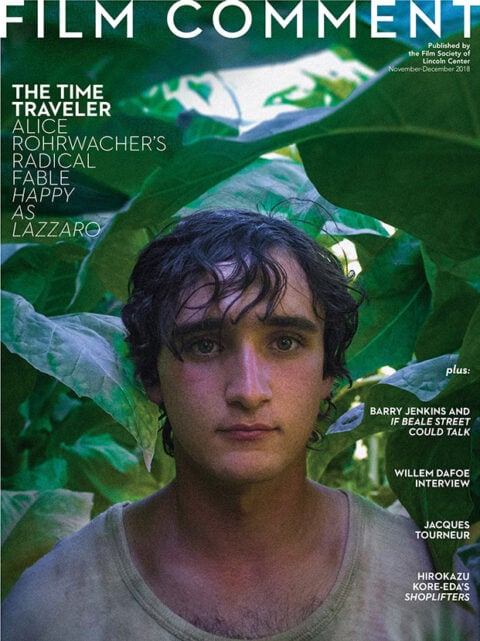
From the November-December 2018 Issue
Also in this issue
Cold War begins in 1950s Poland as the country reels from devastation, eager to rebuild. Young provincial striver Zula, played with seductive panache by Joanna Kulig, is selected to join a folkloric ensemble—loosely based on the famous musical group Mazowsze—and ignites an instant passion in its pianist, Wiktor (Tomasz Kot). For Zula the traveling ensemble gives her a taste of stardom, but for ambitious, brainy Wiktor, the group’s compromises with the communist regime and adherence to a socialist-realist aesthetic, including paeans to Stalin, amount to artistic suicide. The couple plan an escape, bound for the West. But ambitious Zula can’t make up her mind, and so their intense trysts during periodic reunions are followed by agonizing prolonged separations, as the ideological war increasingly isolates the Soviet Bloc from the world.
Pawlikowski’s use of grainy, tonally muted cinematography and handheld camerawork in the Poland sequences, evoking documentary, beautifully captures the drabness of the 1950s era. The exhilarating upbeat rhythms of original folk compositions, with roots in rich rural traditions, seep into the then-Communist country’s world of wide-eyed uncouth youth and pushy, vulgar apparatchiks. The most notable of the latter group, Kaczmarek (Borys Szyc), is so perfectly cast with his cynical physiognomy that he seems lifted from the 1950s films of Wajda or Wojciech Has. He’s upstaged only by Kulig’s occasionally foul-mouthed, intransigent, but always captivating Zula.
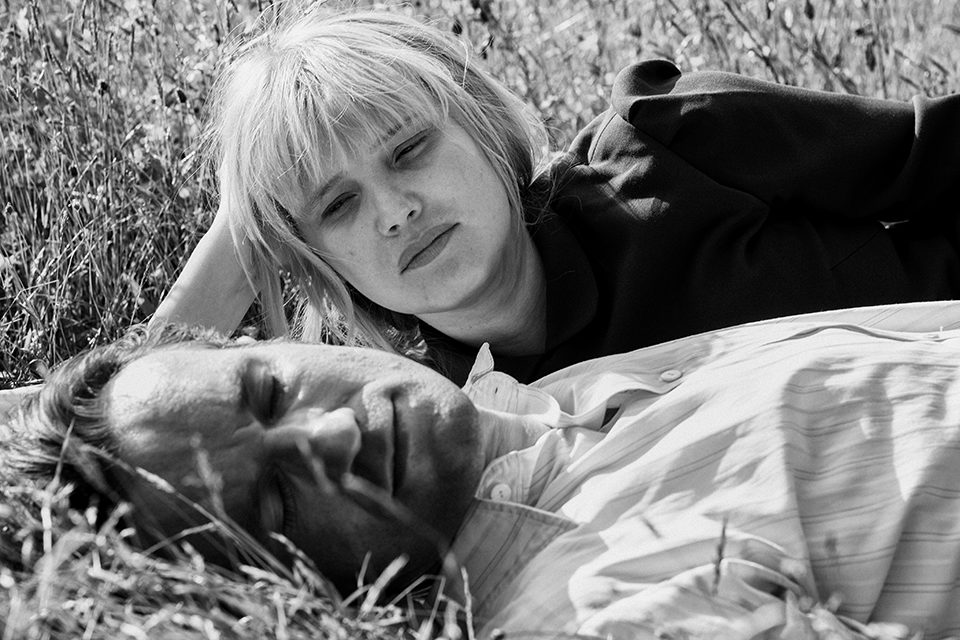
Photo: Lukasz Bak
Sadly, Kot, whose previous credits include the lead role in the acclaimed biopic Gods (2014), is no match for Kulig. Once the plot shifts to Paris in the 1960s, where Wiktor wallows in his jazz-musician garret, ethereally lit by a full moon, the sharpness of the narrative all but evaporates. As in Kieslowski’s White, too much drama hangs on the thinly stitched femme-fatale premise. A scene in which Wiktor nearly pawns off Zula to his French buddies, then rages with jealousy, veers into sodden melodrama (and without any of White’s lumpen humor). At another point, the two lovers cuddle as their boat drifts down the Seine, and the dramatically lit, glamorous tableau cloyingly echoes luxury perfume ads.
Cold War isn’t devoid of profound pleasures, however. Foremost is Pawlikowski’s shrewd use of folklore, at a time when Poland’s rightist government is deploying dubious versions of World War II history and folk traditions. It’s culturally perceptive and, above all, poignant. The Poland scenes in which Wiktor and his partner, Irena (the wonderful, underutilized Agata Kulesza, a star of Pawlikowski’s Oscar-winning Ida), grimly look on as the regime hijacks their work encapsulate very well how Polish artists might feel today.
Wiktor and Zula, whose romance is loosely based on that of Pawlikowski’s parents, come to the bittersweet conclusion that their love isn’t meant for this world. Their histrionics wane and they are left sitting on a bench, poised between a rural chapel they visited and open fields—an image of weariness, of emotional resignation that’s heartbreakingly earnest. For a moment we feel, as Pawlikowski says he felt at times about his parents, that even those we love intensely can remain a mystery, enshrined in memory yet eclipsed by our own conflicted nostalgia.
Ela Bittencourt works as a critic and programmer in the U.S. and Brazil and is a member of the selection committee for It’s All True International Documentary Film Festival.



